The climate action plan for 2023 should be short and to the point, with targeted measures for agriculture which come with timeframes and funding, says chair of the Climate Change Advisory Council (CCAC) Marie Donnelly.
The plan, expected to be launched by Government this month, should contain “high impact measures” and be much shorter than the plans seen to date, with 600 to 700 actions, Donnelly said.
“We need to know what are high-impact measures and we need to know what measure will deliver in what timescale.
“We need a really focused effort on what is the action and what needs to be done. That’s what the council have called for,” she said.
The CCAC chair was speaking at a Teagasc Signpost webinar on the ‘challenges and opportunities of the green transition’ on Friday.
‘Most sustainable’
On the challenge ahead agriculture, Donnelly explained that “agricultural emissions and certainly land use emissions in Ireland would be the second highest relative share of any country in the world, besides New Zealand”.

The climate action plan for 2023 should contain targeted high impact measures for all sectors to reduce emissions.
“We’re at 30% to 35% emissions in the agriculture space and you can add on more for the land use space, which makes us really an outlier versus the European Union. Our closest would be the Netherlands at less than 20%.
“So, we are quite unique, but we’re also quite unique in the farming practices we have in Ireland. It is arguably the most sustainable mechanism that we have and it is already entrenched and established in the country,” she said.
Leadership position
The CCAC chair suggested that Irish agriculture should “take a run” at grasping the “opportunity” to be world leading on climate.
“We are different, but we are better. Let’s show the world that we are better and demonstrate how sustainability really works in a farming sense.
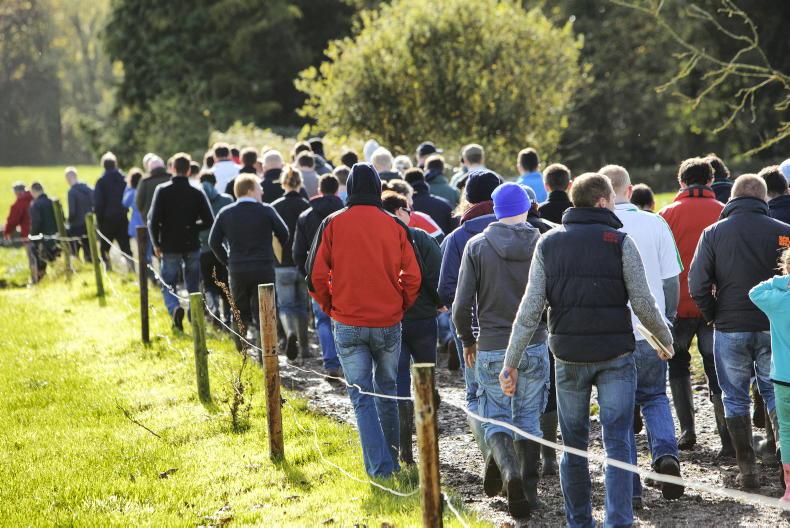
Irish farmers should be world leaders when it comes to sustainability, says Climate Change Advisory Council chair Marie Donnelly.
“Are we talking about the annihilation of farming? Clearly not. We will need food, we need food in 2030, 2050 and beyond. We will continue to consume, for example, animal proteins over that period of time.
“Our challenge is to ensure that we are able to produce top-quality best food in the most sustainable way and continue to present Ireland on the international stage as the most sustainable option,” she told webinar attendees.
Read more
Farm orgs need to come forward with climate plan – CCAC
Climate Action Plan talks 'ongoing'
The climate action plan for 2023 should be short and to the point, with targeted measures for agriculture which come with timeframes and funding, says chair of the Climate Change Advisory Council (CCAC) Marie Donnelly.
The plan, expected to be launched by Government this month, should contain “high impact measures” and be much shorter than the plans seen to date, with 600 to 700 actions, Donnelly said.
“We need to know what are high-impact measures and we need to know what measure will deliver in what timescale.
“We need a really focused effort on what is the action and what needs to be done. That’s what the council have called for,” she said.
The CCAC chair was speaking at a Teagasc Signpost webinar on the ‘challenges and opportunities of the green transition’ on Friday.
‘Most sustainable’
On the challenge ahead agriculture, Donnelly explained that “agricultural emissions and certainly land use emissions in Ireland would be the second highest relative share of any country in the world, besides New Zealand”.

The climate action plan for 2023 should contain targeted high impact measures for all sectors to reduce emissions.
“We’re at 30% to 35% emissions in the agriculture space and you can add on more for the land use space, which makes us really an outlier versus the European Union. Our closest would be the Netherlands at less than 20%.
“So, we are quite unique, but we’re also quite unique in the farming practices we have in Ireland. It is arguably the most sustainable mechanism that we have and it is already entrenched and established in the country,” she said.
Leadership position
The CCAC chair suggested that Irish agriculture should “take a run” at grasping the “opportunity” to be world leading on climate.
“We are different, but we are better. Let’s show the world that we are better and demonstrate how sustainability really works in a farming sense.

Irish farmers should be world leaders when it comes to sustainability, says Climate Change Advisory Council chair Marie Donnelly.
“Are we talking about the annihilation of farming? Clearly not. We will need food, we need food in 2030, 2050 and beyond. We will continue to consume, for example, animal proteins over that period of time.
“Our challenge is to ensure that we are able to produce top-quality best food in the most sustainable way and continue to present Ireland on the international stage as the most sustainable option,” she told webinar attendees.
Read more
Farm orgs need to come forward with climate plan – CCAC
Climate Action Plan talks 'ongoing'







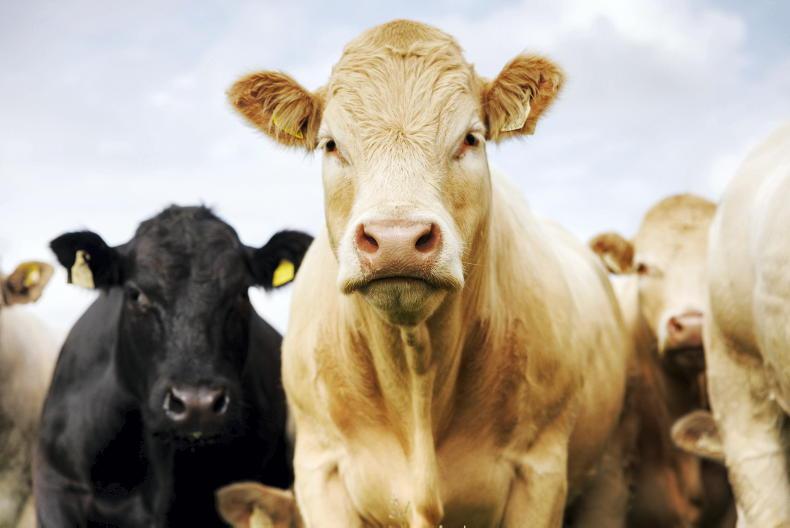

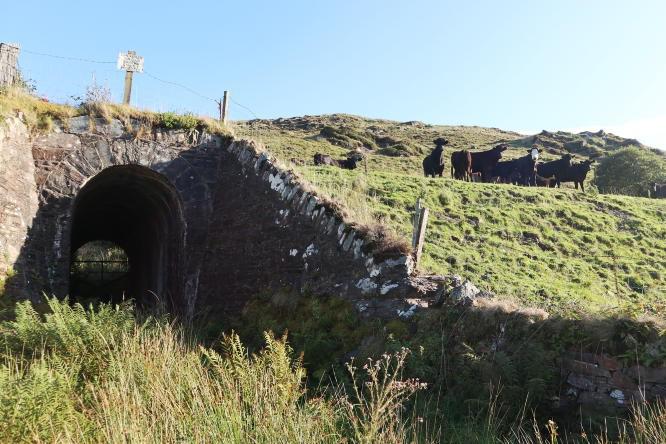
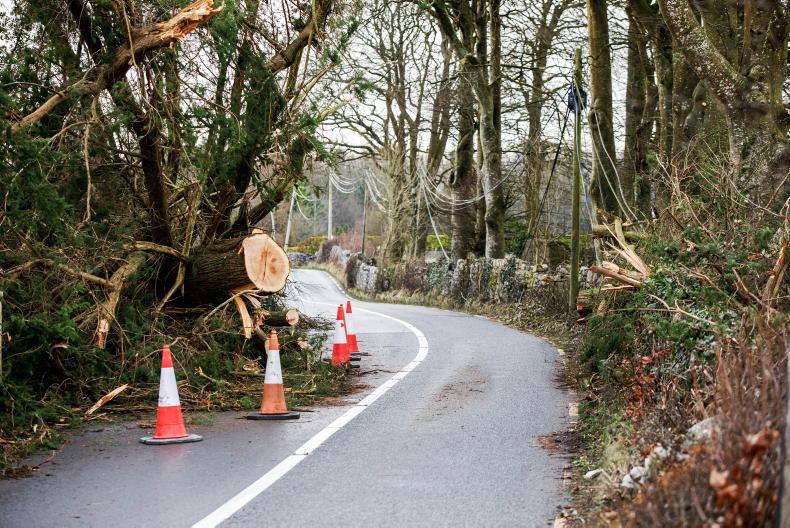
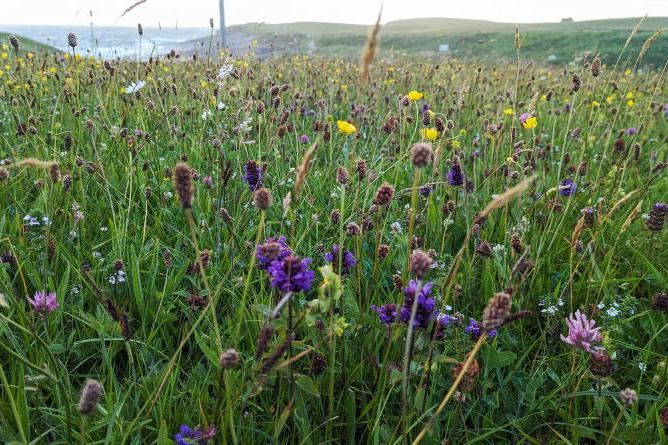
SHARING OPTIONS